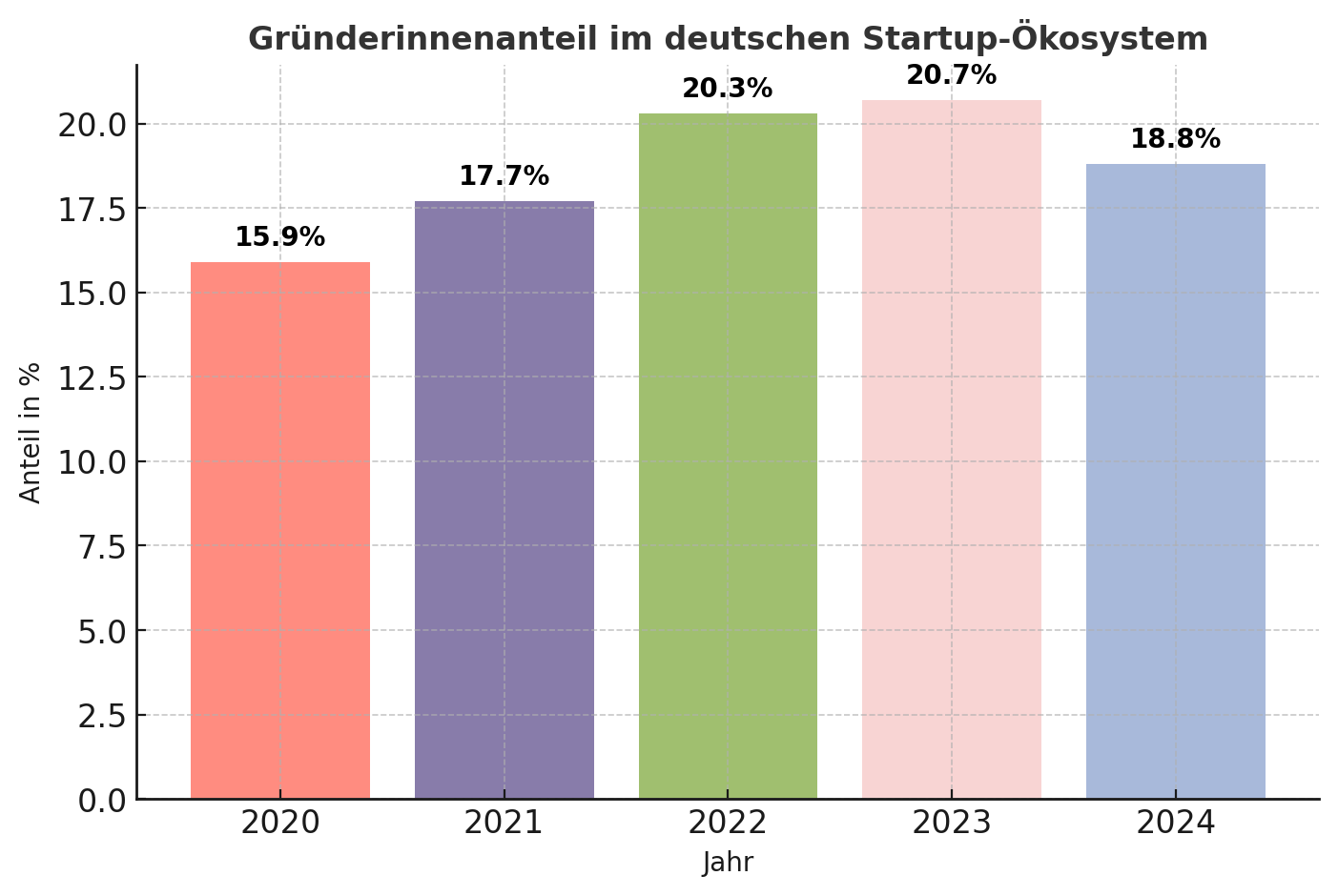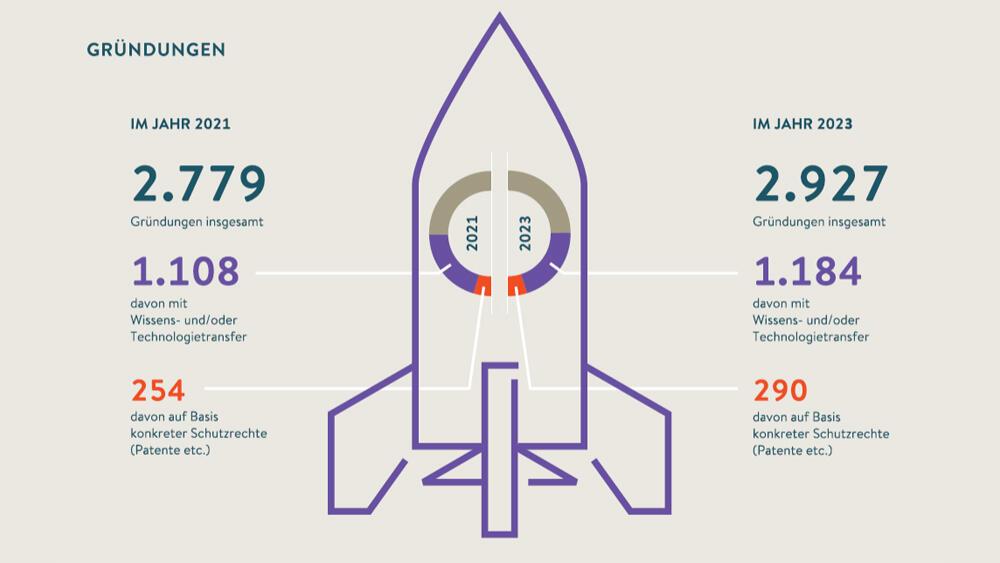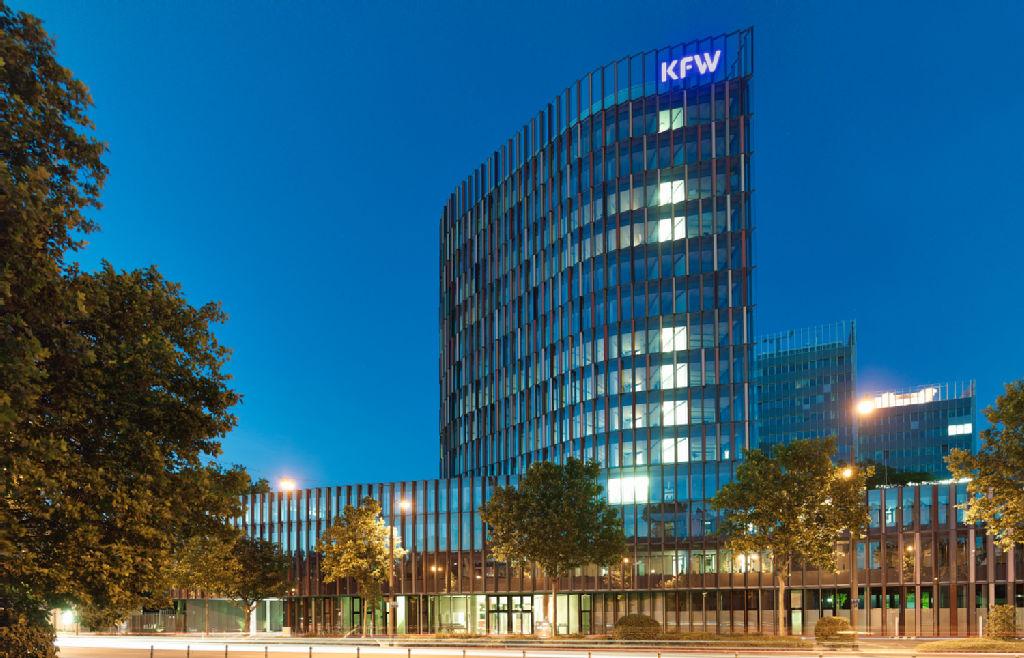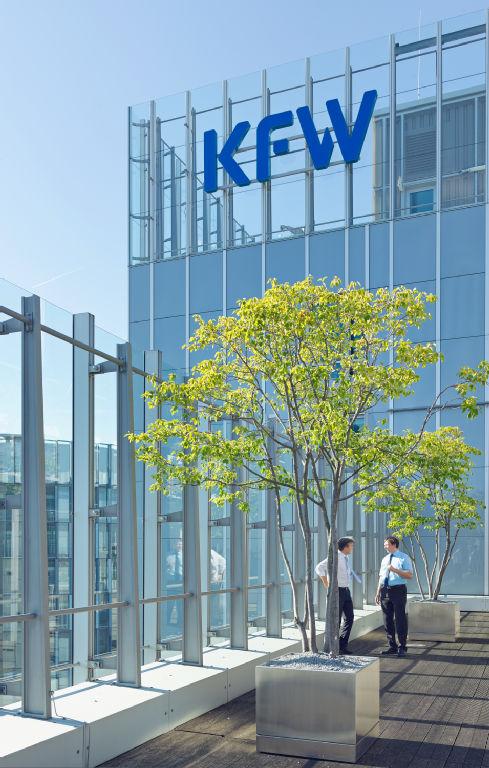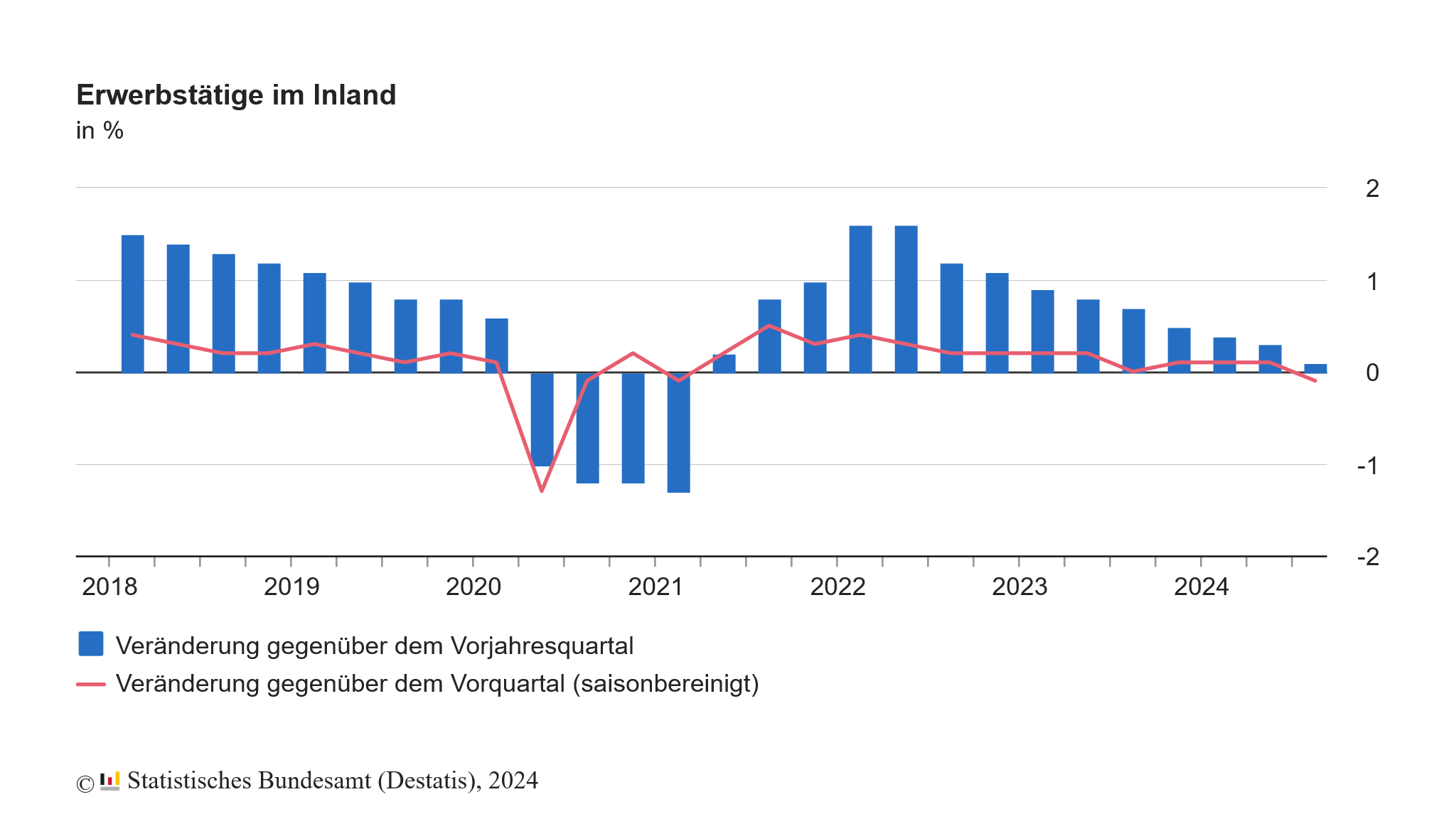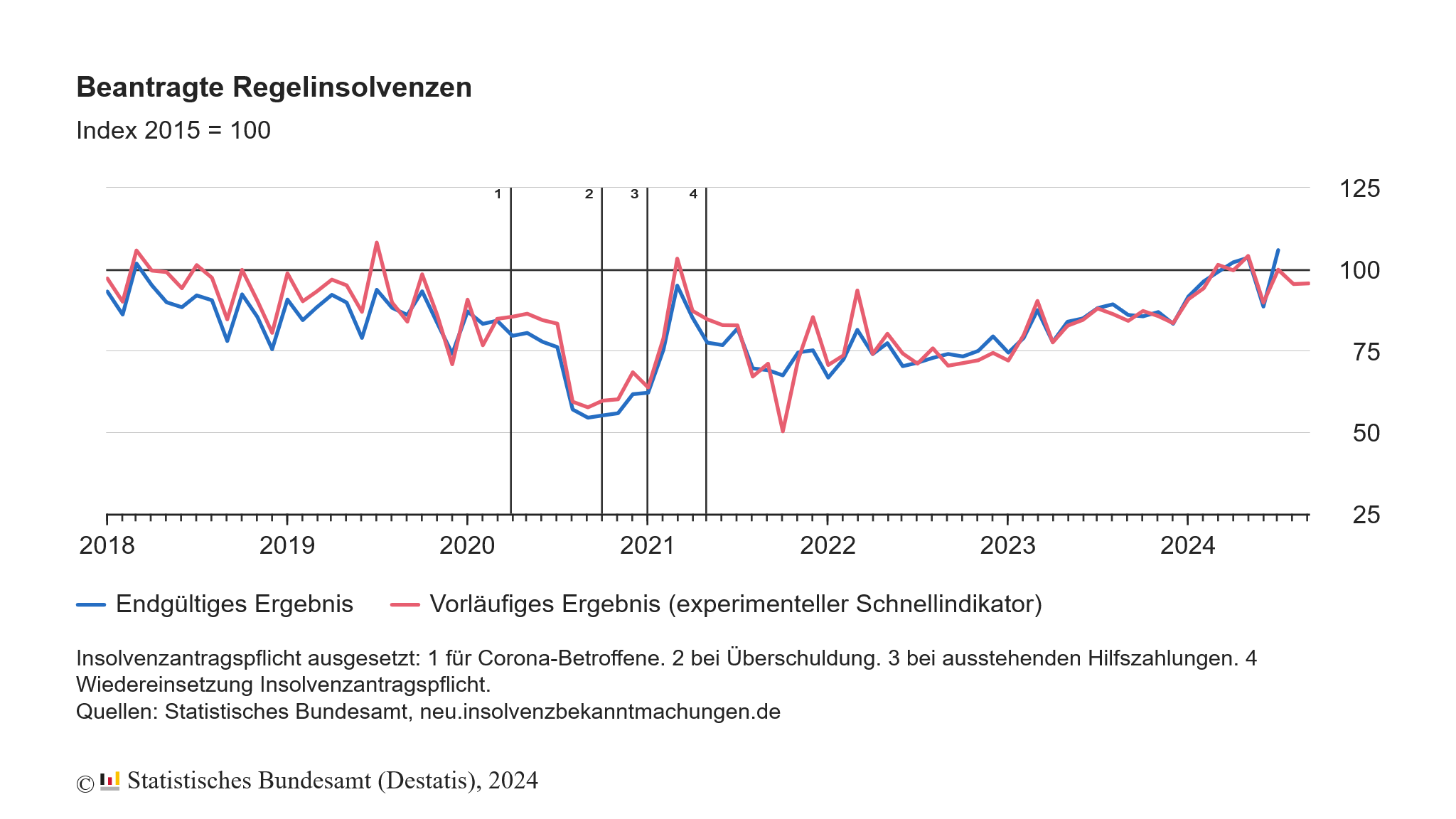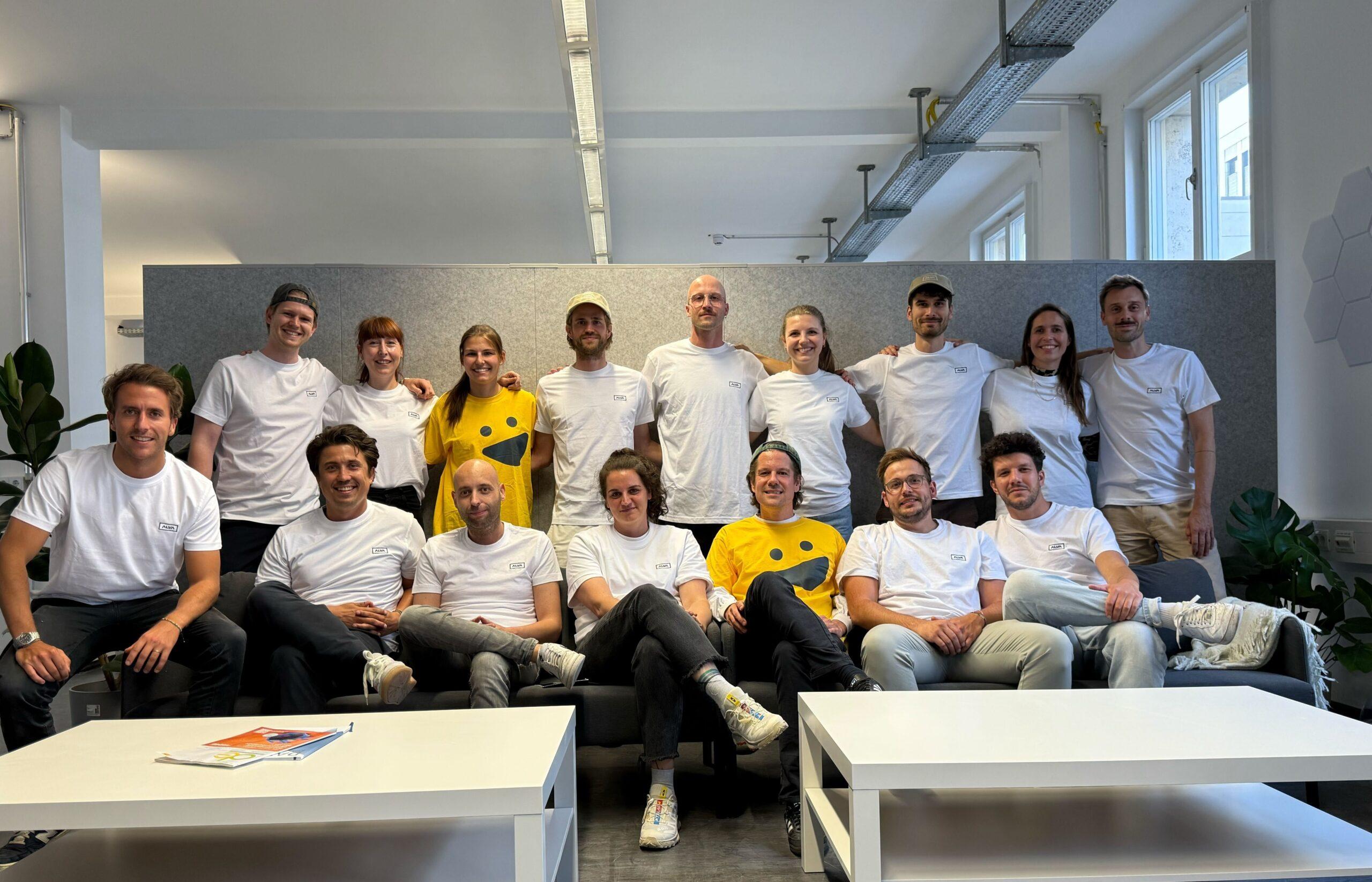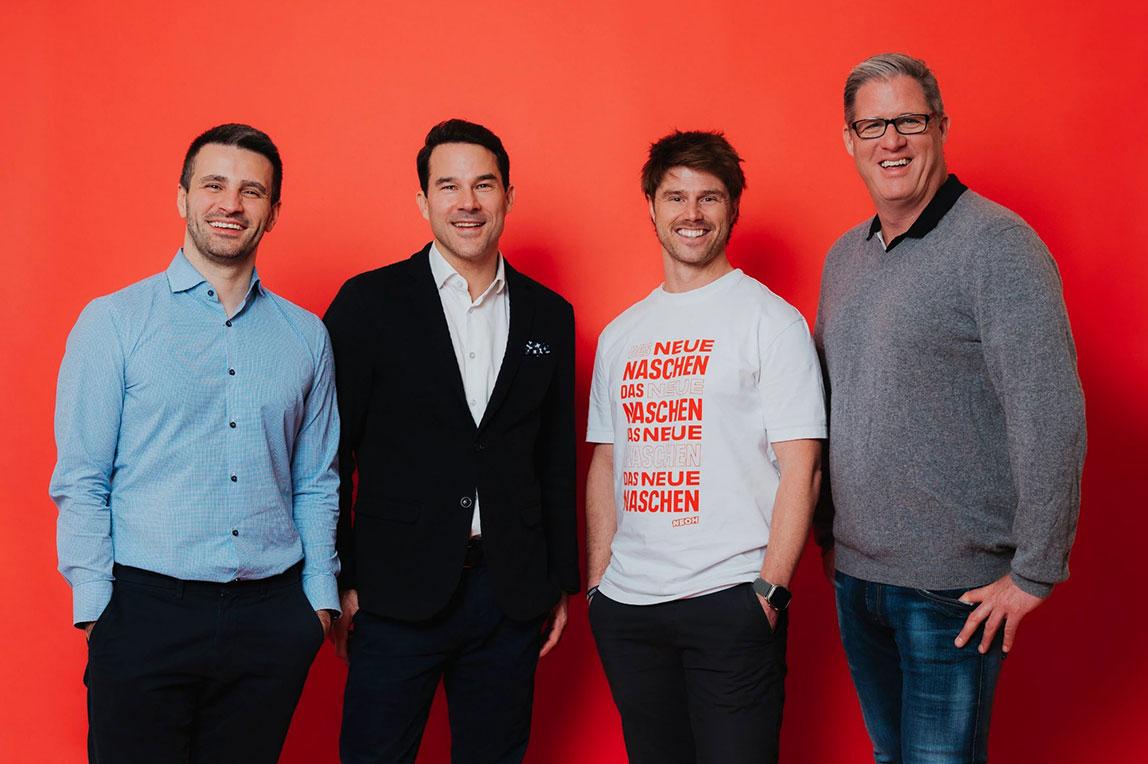Credit hurdles fall slightly for SMEs
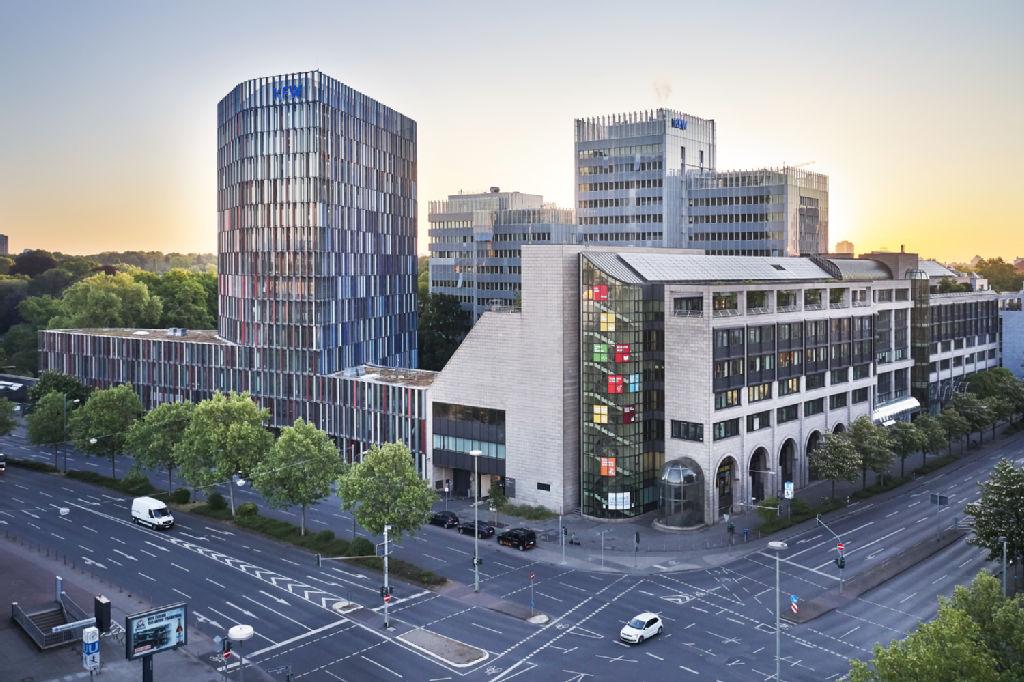
Banking behavior remains restrictive: 25% of small and medium-sized companies are affected. The credit hurdle for large companies has fallen to 14.5%. Overall, demand for credit remains at a low level.
After the record high of credit hurdles in the last quarter of 2022, there is a slight easing for small and medium-sized enterprises in Germany. According to the KfW-ifo credit hurdle, bank financing became somewhat easier to obtain again at the start of the year. The credit hurdle fell by 5.8 percentage points to 25.5% in the first quarter. However, this also means that a quarter of SMEs requesting bank financing still perceive the banks' behavior as restrictive. This proportion is therefore still above the long-term average.
The easing of the energy crisis in recent months has led to a brightening of the risk situation, which is accompanied by improved access to credit
Dr. Fritzi Köhler-Geib, Chief Economist at KfW.
There is good news regarding access to credit for large companies in Germany: the credit hurdle has fallen by almost 10 percentage points to just 14.5%. Compared to SMEs, the easing in access to credit has been even greater. However, there are considerable differences between the economic sectors.
Banks' lending policies were significantly relaxed for large manufacturing companies (-22 percentage points). In contrast, companies in the construction industry (+7.7 percentage points) and the retail trade (+16.2 percentage points) experienced a significant tightening. This shows that banks' lending practices vary greatly depending on the economic sector.
Sideways trend in credit negotiations
The proportion of companies holding credit talks with banks has moved sideways over the last two years. In the first quarter of 2023, 20.9% of small and medium-sized companies and 28.8% of large companies sought a bank loan. However, the demand for credit in both size categories remains below the long-term average.
The need for liquidity caused by the crisis has decreased due to the easing on the energy markets and the easing of supply bottlenecks, which is restricting lending. Weak economic prospects and high borrowing costs are also curbing demand for investment financing. Last year's double-digit growth in new lending business is likely to recede soon.
The KfW study can be downloaded here.

Newsletter
Startups, stories and stats from the German startup ecosystem straight to your inbox. Subscribe with 2 clicks. Noice.
LinkedIn ConnectFYI: English edition available
Hello my friend, have you been stranded on the German edition of Startbase? At least your browser tells us, that you do not speak German - so maybe you would like to switch to the English edition instead?
FYI: Deutsche Edition verfügbar
Hallo mein Freund, du befindest dich auf der Englischen Edition der Startbase und laut deinem Browser sprichst du eigentlich auch Deutsch. Magst du die Sprache wechseln?


